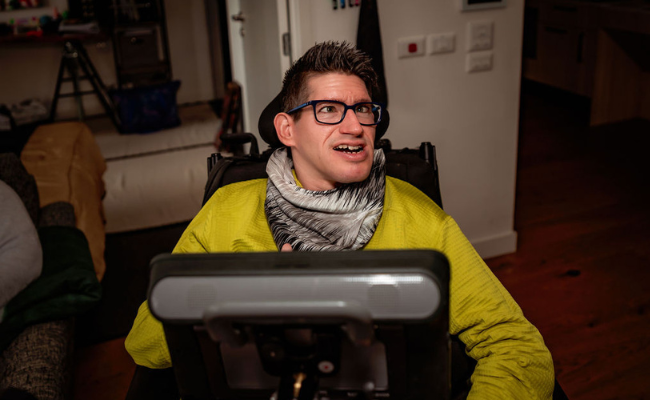Goodbye to the Home & Living Supporting Evidence Form!
Learn more about the changes to how participants will submit home and living evidence to the NDIS.
As of 21 October 2025, the Home and Living Supporting Evidence form was officially retired by the NDIS.
This form was a really useful way to summarise the evidence within Home and Living applications.
So, what happens now it's gone?
The NDIA said this form was optional and not consistently used, and that the process for submitting evidence has not changed.
But, essentially, it is more crucial than ever to ensure that the evidence submitted in home and living applications is of high quality.
When Housing Hub’s expert Home and Living Specialist team thinks about what evidence to collect, they always ask themselves if it's:
- Relevant to home and living: All evidence submitted should directly relate to the NDIS participant’s housing and support needs. Including too much additional information can detract from what's important to the funding request.
- Referencing the Home and Living legislation: Evidence should align with the relevant home and living legislation. This includes the SDA legislation, SIL Operational guidelines, ILO guidelines and Reasonable and Necessary.
- Clear, cohesive and concise: Home and living applications should provide clear recommendations about the type of home and living support funding that best meets the person's needs. Information should be presented as concisely as possible. Our Home and Living Specialists love to see tables and bullet points being used to get across complicated information to the reader quickly. Lastly, it's important that all the evidence collected provides consistent recommendations – not doing this causes confusion and will often result in incorrect outcomes.
- Just like before, Home and Living applications should be submitted with either a Change of Details or Change of Situation form, OR the Request for a Review of a Decision form.
If a participant's circumstances have changed, they can submit a plan change request, using:
Things change quickly and we know that the Home and Living space can be tricky – that's where we can help!
We are able to support you in all aspects of Home and Living, including initial funding applications and appeals, mentoring evidence to improve its quality, housing searches and more. For support, reach out to our amazing team of Home and Living Specialist Support Coordinators.
Article published: October 2025
About the author
Lydia Dockrill is a Clinical Practice Advisor who has worked extensively across many areas of the health and disability sectors in both Australia and New Zealand.
Lydia is our resident expert at quality control and in developing documentation for NDIA funding and works both as a mentor to the team internally, and as a mentor/consultant externally.
You can find out more about Lydia here.
Our Consultancy team has extensive experience operating in the disability housing market, offering providers a tailored experience to benefit from our expertise in vacancy management, marketing, tenant matching and NDIS legislation.
You can find out more about this service here.
Browse Resources

Housing Seeker Profile
Creating a Housing Seeker Profile is a simple process which involves telling us what you are looking for and what is important to you.

Housing Roadmap
The Housing Hub has worked alongside people with disability to map out the stages of a housing journey and the information you need to know about when moving through each step.

Living More Independently
The Housing Hub has teamed up with Mable to create a three-part series about living more independently.

